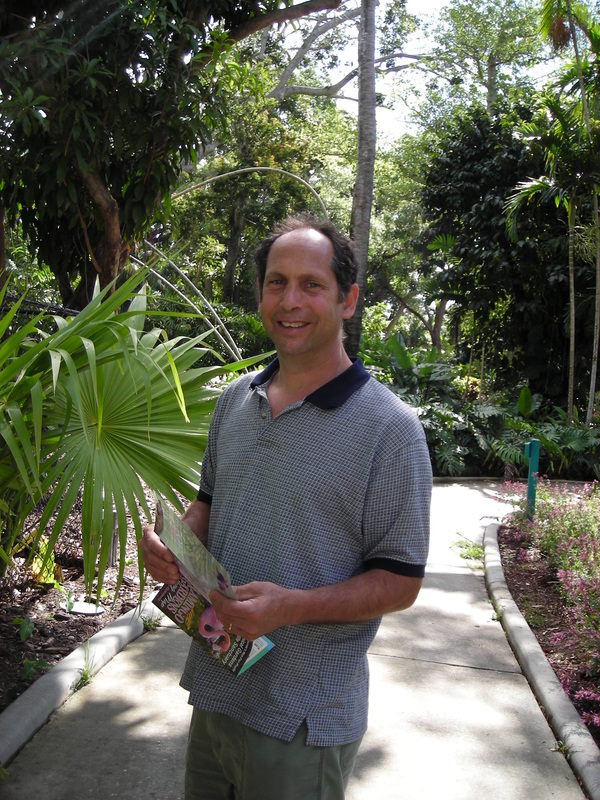Case 7 Jõshû's "Wash Your Bowl"
A monk said to Jõshû, "I have just entered this monastery.
Please teach me."
"Have you eaten your rice porridge?" asked Jõshû.
"Yes, I have," replied the monk.
"Then you had better wash your bowl," said Jõshû.
With this the monk gained insight.
Mumon's Comment
When he opens his mouth, Jõshû shows his gallbladder. He displays his heart and liver.
I wonder if this monk really did hear the truth. I hope he did not mistake the bell for a jar.
Mumon's Verse
Endeavoring to interpret clearly,
You retard your attainment.
Don't you know that flame is fire?
Your rice has long been cooked.
"Straight ahead runs the way." (Hakuin Zenji's, "Song of Zazen") There are many sayings in Zen that are in the same vain as this koan. Zen practice is doing what needs to be done in life, "carry water, chop wood." That is not so difficult. What is all this talk about meditation and effort and not thinking? I have met many "Zen students" who have told me that meditation was not so important and that their practice was everyday life, that the practice of everyday life was the real Zen practice. It is difficult to argue with this reasoning. Certainly this Koan seems to support this view
But koans are not usually so straight forward. And this is case 7 so if you have gotten this far you have practiced lots of meditation and have had some deep experiences. The emphasis on meditation should not be forgotten. The word zen means samadhi, the deepest state of meditation. But the experience of samadhi should not be limited to practice on the cushion.
Years ago before I was an official teacher of Zen I taught a course on Zen meditation. After several months I asked the students if their daily practice had changed anything in their lives. One fellow told us that the other day he was digging a ditch and he just got into it in a way he never expected. He really enjoyed it. This is a wonderful example of how meditation can be part of our daily lives. How do we take meditation off the cushion and make it part of everything we do? We practice kinhin (walking meditation) between periods of zazen to give our knees a rest but also so that we can learn to practice meditation while in action. In the Soto School kinhin is practiced very slowly so that the practitioner can remain mindful while walking. This slowness is often transferred to many activities like sweeping the zendo and cleaning the dishes. This emphasis on being very careful and mindful in all activities I think of as the Soto spirit. This is a wonderful way to practice but Rinzai practice often takes a different approach. Kinhin is done quickly, sometimes almost at a jog. Sweeping and cleaning the kitchen is done quickly though thoroughly. There is no dawdling in a Rinzai Monastery. it is like real life. Sezaki Roshi would often give "life activity koans" such as, "How do you experience Buddha while planting a tree?" He asked me how I experienced Buddha while cooking?
How do you answer Mumonkan Case 7? I think the answer is beautifully expressed by Dogen.
To study the Buddha Way is to study the self
To study the self is to forget the self
This is how we should practice on the cushion and this is how we should practice in real life. Going fast or slow forget the self. Sometimes it is easier forgetting the self when going fast.
When sitting on the cushion or functioning in real life the practice should be seamless. Not to be caught in delusions and attachments and to see and function with a clear bright mind. Everything we do in Zen practice is to break down our habits of constant thinking, discrimination, and attachment. We don't do this by trying to think these issues through. We simply don't give the mind the room to fall into our delusive habits.

 RSS Feed
RSS Feed